Advanced industrial processes in the petrochemical sector continue to demand specialty gases with higher levels of purity and more precise accuracies. An increasing number of specifications for these gases now go down to parts per billion (ppb) and sometimes even to parts per trillion (ppt).
What are specialty gases?
Specialty gases represent rare or ultra-high purity (99.995% and above). Many industries, including analytical, pharmaceutical, electronics, and petrochemical, benefit from specialty gases’ unique properties that help improve yields, optimize performance, and lower costs.
What are the different types of specialty gases?
Specialty gases can be divided into electronic, high-purity, and standard or calibration mixture gases according to their application fields.
- Electronic gases are used in semiconductor manufacturing, electronics, and photonics; these gases are critical for etching, deposition, and oxidation processes.
- High Purity Gases can go up to 6.0 grades, Rare gases, Electronic & Semiconductor grades, Calibration standards, etc.
- Calibration Gases: Mixtures of gases used to calibrate instruments and ensure accurate measurements in various fields, such as environmental monitoring and laboratory research.
- Rare Gases: Gases like helium, neon, argon, krypton, and xenon are considered rare and are used in applications like lighting, cryogenics, and as components in high-performance gas mixtures.
What is the market size of specialty gases?
The global speciality gas market maintains a steady growth trend. The market size is expected to reach US$65.1 billion in 2020, of which the demand for speciality gases in the Asia-Pacific (A.P.) region will grow the fastest. The A.P. region’s market size is expected to reach US$16.8 billion in 2020, accounting for 25.80% of the global speciality gas consumption.
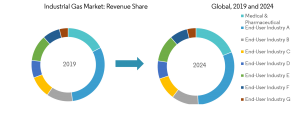
Who are the leading suppliers of Specialty gases?
The specialty gas industry has high barriers to entry, and the market presents an oligopoly pattern. The top companies in the sector are:
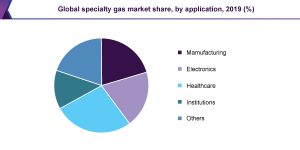
Leading Specialty Gas Companies
The speciality gas industry operates in an oligopolistic market, with several key players dominating the market share. These companies have high barriers to entry due to the stringent purity and regulatory requirements for specialty gases. Below are the leading suppliers:
- Air Liquide S.A. (France): Air Liquide is a global leader in industrial gases, including speciality gases used across healthcare, chemicals, and electronics industries. The company’s 2019 revenue reached EUR 21.92 billion and continues to expand its presence globally through innovative gas solutions.
- Taiyo Nippon Sanso Corporation (TNSC) (Japan): Specializing in industrial and speciality gases, TNSC provides highly reliable gas supply systems tailored for the semiconductor, automotive, and healthcare industries. The company’s 2019 revenue grew by 14.6% yearly, reflecting its strong market position.
- Linde plc (UK): Linde, the world’s largest industrial gas company by market share, supplies a comprehensive range of specialty gases. It owns BOC Ltd, a significant specialty gas supplier in Europe, and operates globally with a diverse portfolio catering to industries from electronics to metal manufacturing.
- Air Products and Chemicals, Inc. (USA): A leader in producing and distributing specialty gases, Air Products provides high-purity gases to customers worldwide. The company generated $8.9 billion in sales in 2019 and offers solutions across the electronics, healthcare, and chemicals sectors.
- Praxair, Inc. (USA): Praxair serves customers across North and South America with a wide range of specialty gases. Known for its expertise in gas handling and distribution, Praxair has a significant presence in sectors such as automotive, electronics, and pharmaceuticals.
- BOC Group plc (UK): As one of the largest producers of industrial gases, BOC provides a range of speciality gases for industries like petrochemicals, electronics, and food and beverage manufacturing. BOC operates in over 60 countries, ensuring reliable gas supply to key industries.
- Messer Group GmbH (Germany): Messer is a family-owned company with a strong global presence in medical, industrial, and speciality gases. Its operations span Europe, Asia, and the Americas, and in 2019, it acquired a majority share in Linde’s North American business.
- BASF SE (Germany): Known primarily for its chemical products, BASF also supplies specialty gases to sectors such as automotive, pharmaceuticals, and plastics. Its expertise in gas mixtures and calibration gases helps drive innovation in diverse applications.
- Airgas, Inc. (USA): A leading supplier of industrial and specialty gases, Airgas provides high-purity gas solutions for industries like healthcare, pharmaceuticals, and food processing. The company operates across the U.S. and also provides gas handling equipment.
- Gulf Cryo (UAE): Specializing in cryogenic gases, Gulf Cryo serves industries including energy, healthcare, and petrochemicals across the Middle East and North Africa. The company is known for its customized solutions and high-purity gas supply systems.
- Matheson Tri-Gas (USA): Matheson provides high-purity gases for semiconductor manufacturing, chemicals, and aerospace. Its solutions are designed to meet the specific needs of precision industries and offer reliable gas supply and handling systems.
- Air Water, Inc. (Japan): Air Water supplies speciality gases for healthcare, electronics, and manufacturing sectors. The company is known for its high-purity gas solutions and gas-related equipment designed for industrial and commercial use.
- Showa Denko K.K. (Japan): Showa Denko offers a range of industrial gases, including rare gases and high-purity gases, for applications in electronics, pharmaceuticals, and petrochemicals. The company is a key player in the speciality gas sector in Japan and beyond.
- Messer Industries GmbH (Germany): A joint venture between Messer Group and CVC Capital Partners, Messer Industries is focused on providing specialty gases for industries like aerospace, electronics, and automotive in North and South America.
- Praxair Surface Technologies (USA): A division of Praxair, Praxair Surface Technologies specializes in advanced coating technologies and speciality gases for aerospace, electronics, and automotive industries.
Specialty Gases Market Segmental
The global specialty gases market is experiencing significant growth due to increasing demand across various applications. This market is broadly segmented into several categories, including type, packaging, sales type, element, application, and region, each catering to specific industries with unique needs.
- By Type: The specialty gases market is primarily divided into high-purity gases, noble gases, carbon gases, halogen gases, and other specialty gas types.
- High-purity gases are those with purity levels of 99.995% and higher. They are critical for applications in industries such as semiconductor manufacturing, pharmaceuticals, and environmental testing. These gases ensure minimal contamination in sensitive processes.
- Noble gases, including helium, neon, argon, krypton, and xenon, are used in various applications, from lighting to cryogenics and medical imaging. Due to its low boiling point, helium is a critical component in MRI machines.
- Carbon gases such as carbon dioxide and carbon monoxide are essential in industries like food and beverage (for carbonation and preservation) and chemical manufacturing.
- Halogen gases, like chlorine and fluorine, are used in high-performance applications, including chemical synthesis and flame retardants.
- By Packaging Type: The market is further divided by packaging into packaged, bulk, and on-site categories.
- Packaged gases are typically supplied in cylinders, dewars, or tanks and are commonly used in laboratories, healthcare settings, and small-scale industrial applications.
- Bulk gases are delivered in large quantities via tankers or pipelines to large industrial plants, requiring a consistent gas supply for continuous operations.
- On-site production involves generating specialty gases directly at the client’s location, which provides cost savings and ensures the highest level of purity required for sensitive processes.
- By Sales Type: Specialty gas sales are categorized into captive and merchant segments.
- Captive sales refer to the production of specialty gases used exclusively by the producing company. This model is standard in industries like aerospace and electronics, where gas needs are highly specific and proprietary.
- Merchant sales involve the sale of specialty gases to third-party customers, with a more diverse client base that spans multiple industries.
- By Element: The market is segmented into gases based on their elemental composition, including argon, nitrogen, helium, carbon monoxide, methane, oxygen, and hydrogen.
- Argon is widely used in welding and metal fabrication, while nitrogen is essential in food preservation and creating inert atmospheres for chemical reactions.
- Helium, with its non-reactive properties and low boiling point, is crucial in applications of cryogenics, welding, and cooling systems.
- Carbon monoxide is used in chemical production, while methane is predominantly employed as a fuel and in chemical processes.
- Oxygen plays a central role in medical applications, steel production, and combustion processes, while hydrogen is becoming increasingly crucial in clean energy applications, such as fuel cells.
- By Application: The applications of specialty gases span various sectors, with key industries including:
- Manufacturing: Specialty gases produce high-precision components, such as those found in automotive, aerospace, and chemical manufacturing. For example, high-purity hydrogen is used in refining processes in the petrochemical industry.
- Electronics: The electronics industry requires gases like argon and nitrogen for semiconductor fabrication, LCD production, and flat-panel display manufacturing. In this sector, gas purity levels must meet strict standards to avoid damaging sensitive electronic components.
- Healthcare: Medical gases, such as oxygen, nitrous oxide, and carbon dioxide, are crucial in patient care, anesthesiology, and life-support systems. Specialty gases are also used in diagnostic and therapeutic procedures.
- Academics: Specialty gases are vital in research and development, particularly in scientific laboratories. Gas chromatography uses them for chemical analysis or laboratory experiments requiring controlled environments.
- By Region: The global specialty gases market is further divided based on region, with key geographical segments including:
- North America: The region is a major player in the specialty gases market, driven by demand in industries like healthcare, electronics, and automotive manufacturing.
- Europe: Europe is another key market, with high demand in pharmaceuticals, automotive, and aerospace sectors.
- Asia Pacific: The Asia Pacific region is expected to witness the fastest growth, driven by the expanding industrial base in countries like China, India, and Japan, which rely heavily on specialty gases for manufacturing, electronics, and petrochemicals.
- Latin America: The Latin American market is growing steadily, particularly in food and beverage, healthcare, and chemicals.
- Middle East & Africa: The demand for specialty gases in this region is largely fueled by industries like oil and gas, petrochemicals, and healthcare.
Market Trends
The specialty gas market is set to continue its growth trajectory, driven by advancements in precision manufacturing, electronics, pharmaceuticals, and petrochemicals. Companies increasingly invest in high-purity gases to meet stringent industry specifications, emphasising reducing environmental impacts and enhancing safety.
As the demand for specialty gases continues to rise, suppliers are focusing on innovation, technological advancements, and global expansion to meet the evolving needs of industries. Future trends include the growing demand for green gases, advancements in gas handling technology, and an increasing reliance on specialty gases for high-tech applications such as nanotechnology and quantum computing.
DSW Industry is a leading manufacturer and distributor of gaseous chemicals and speciality gases in Southeast Asia. We strive to be the lowest-cost supplier to the market while meeting ever-stricter environmental and safety standards.

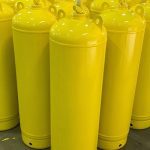
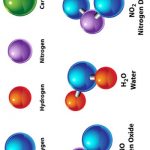
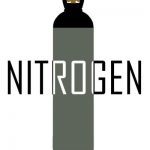
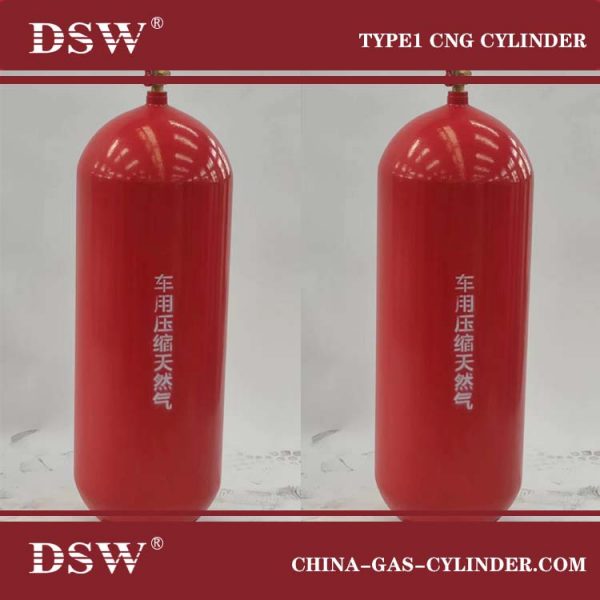
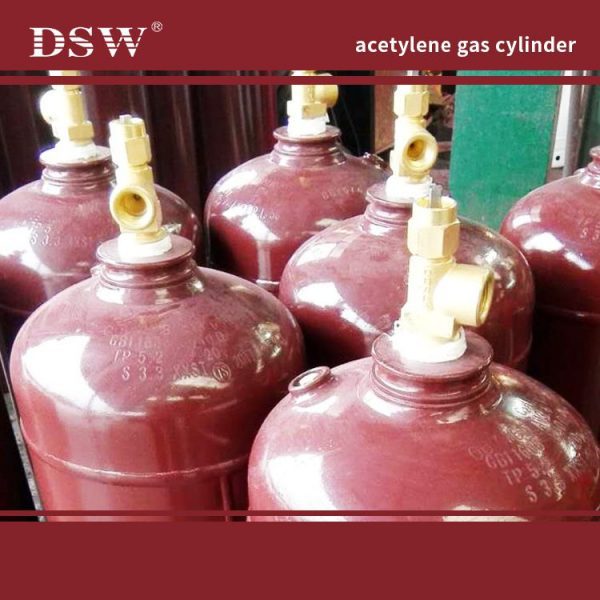
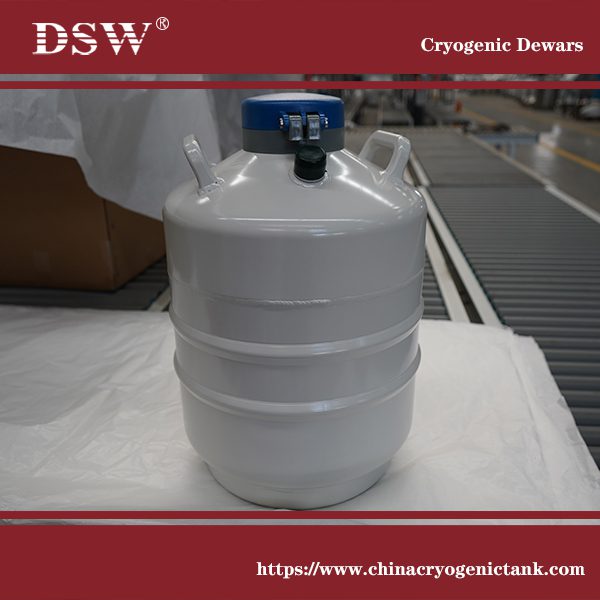
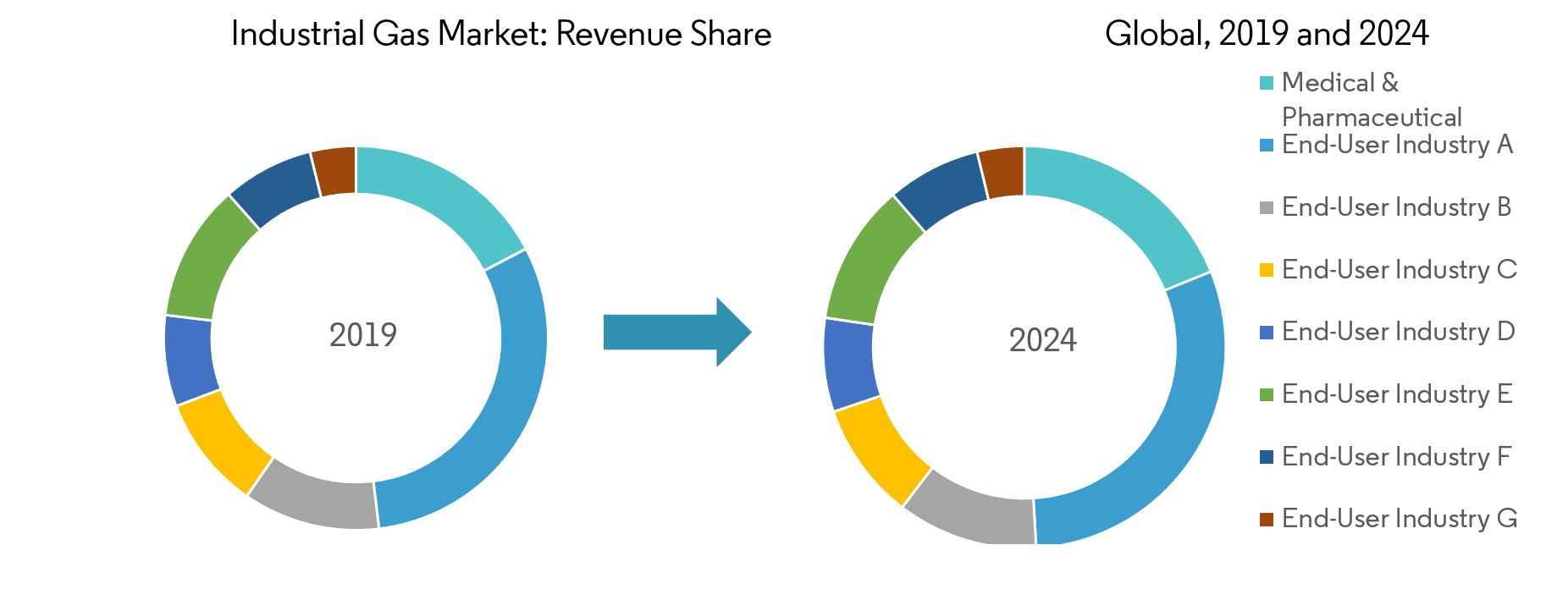
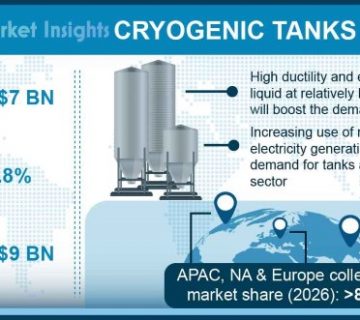
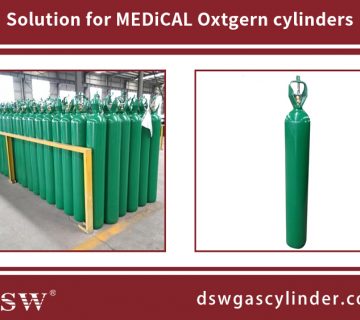
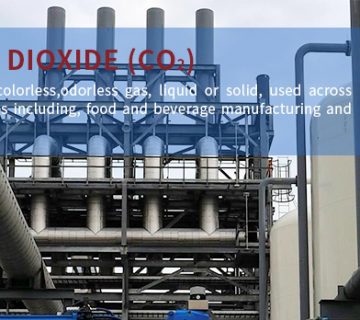
No comment